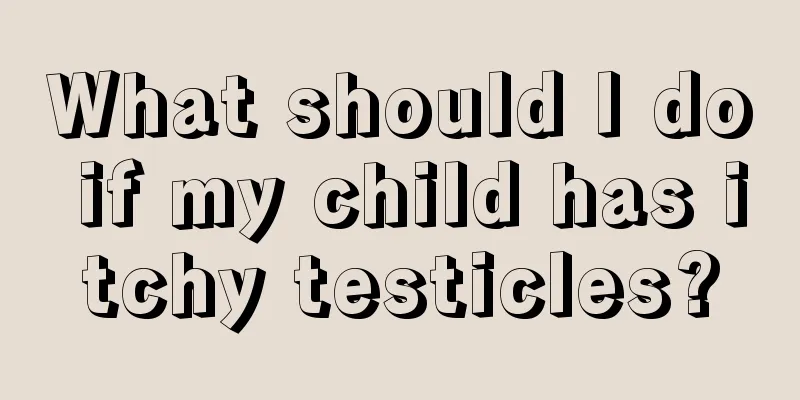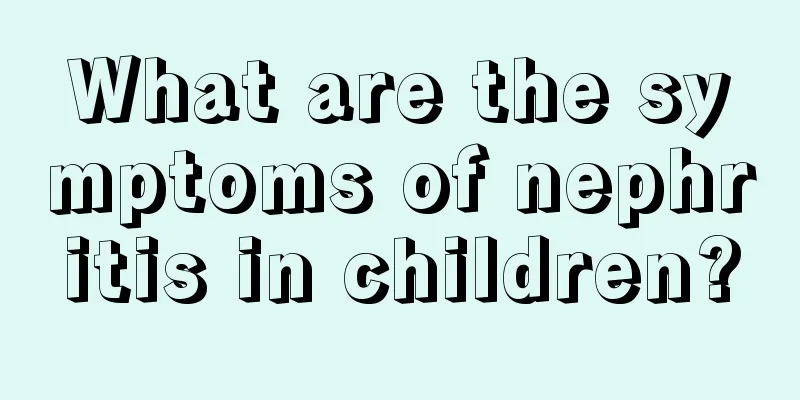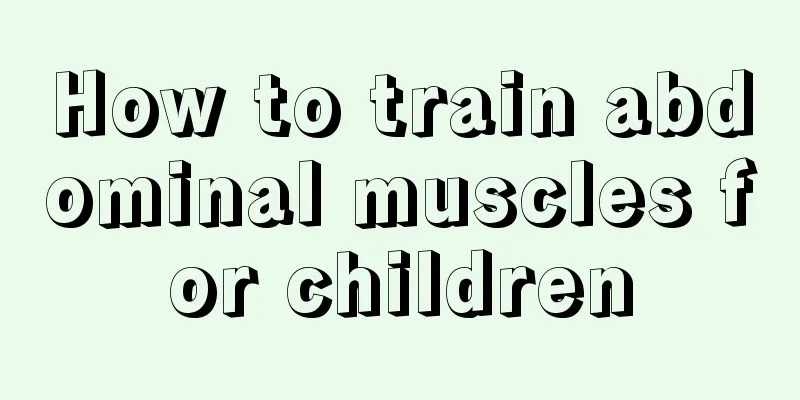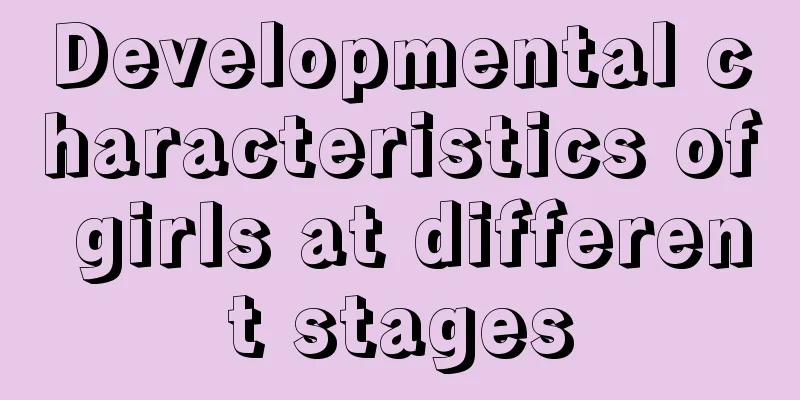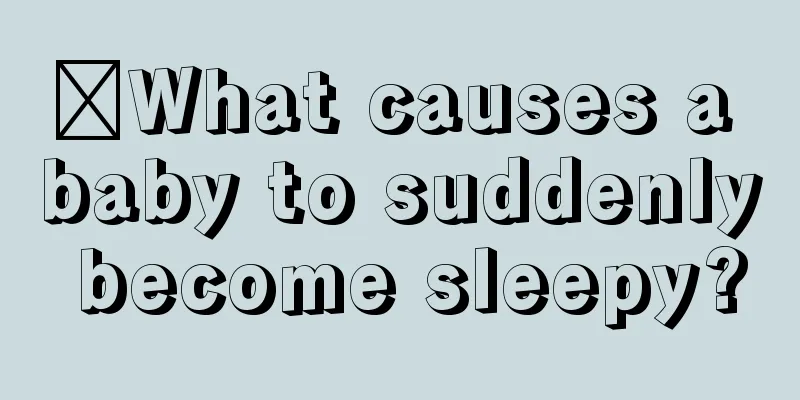What is the anesthesia method for pediatric hernia surgery?
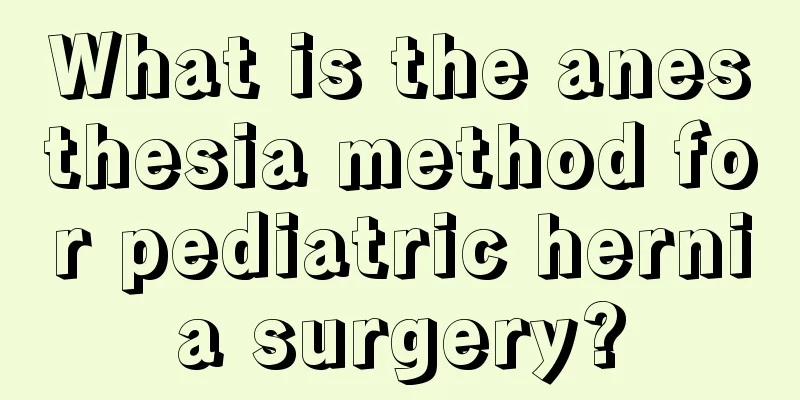
|
Pediatric hernia is an intestinal disease that is prone to many children. If not treated in time, it may lead to intestinal necrosis. The necrotic part needs to be removed by surgery, which will have a great impact on the child's future digestion and absorption. Therefore, when children develop hernia, doctors usually recommend surgical treatment. So, what is the anesthesia method for pediatric hernia surgery? In this case, general anesthesia is actually required. General anesthesia is almost necessary for baby surgeries, which puzzles many parents: Why do some surgeries that are only local operations require so much trouble? In fact, this is because babies are different from adults. Adults can understand the surgery. Although they are inevitably nervous, they can control themselves and cooperate to the greatest extent possible. But children are different. Especially young babies often have a strong fear of surgery. Babies under 3 years old are more difficult to cooperate with surgery and anesthesia, which will bring more risks and affect the surgical results and appearance. On the contrary, general anesthesia can make children feel no pain during the operation and have no memory of the operation process. It not only allows the operation to proceed more smoothly, but also protects the child's body and mind. Many parents are afraid of general anesthesia, mainly because they are worried about whether it will affect their children's brains, intelligence, memory, etc. In fact, this worry is unnecessary. At present, there is no organization or data in the world that shows that children will become stupid under formal anesthesia. At the beginning of the operation, the anesthesiologist will adjust the medication to make the child quickly enter a "painless deep sleep state", while ensuring that the child has no pain, steady breathing, stable blood pressure, and relaxed muscles during the operation. The anesthesiologist will observe and monitor the child throughout the operation, and wake the child from the "deep sleep state" at the end of the operation. Because children's organs are not fully developed and their body's compensatory functions are weaker than those of adults, pediatric anesthesia is indeed riskier than adult anesthesia. However, professional pediatric anesthesiologists will carefully select the indications and control the drug dosage, and will carefully observe the vital signs of the child during the operation. Therefore, with the protection of professional pediatric anesthesiologists, general anesthesia for children is still very safe and will not affect intelligence or other long-term prognoses. |
<<: Can acute hemiplegia in children be cured?
>>: Does phimosis adhesion in children need treatment?
Recommend
What are the symptoms of hernia in children?
I believe that many parents will encounter the pr...
What to do if blisters appear on your child's feet
Blisters on children's feet will cause them t...
What should we do if young children have acute pneumonia?
I'm sure everyone has heard of pneumonia, esp...
What brand is good for babies with zinc deficiency?
In the past two years, everyone has reached a pea...
What should I do if my baby has ulcers in his mouth?
Children also often suffer from many common disea...
What should parents do with children who love to lose temper?
Faced with children who are prone to temper tantr...
Height of a 4-year-old child
Every parent pays special attention to the develo...
Height and weight chart of six-year-old boy
Children are the apple of their parents' eyes...
What to do if your child has a red butt
Red buttocks is a common condition among babies. ...
What should I do if my child has urticaria and fever?
Urticaria is a very common skin disease, of cours...
What should I do if a small lump grows inside my child's neck and slides?
Nowadays, every family has one to two children, a...
When babies cry and gasp, parents need to understand these reasons before they can give first aid
Generally, when children cry loudly, they may sud...
Children with diarrhea and roseola
When it comes to diarrhea, many people are famili...
What to do if a 9-year-old girl has breast development
We all know that girls develop earlier than boys....
How to prevent spinal curvature in children
Spinal curvature is one of the common diseases th...


